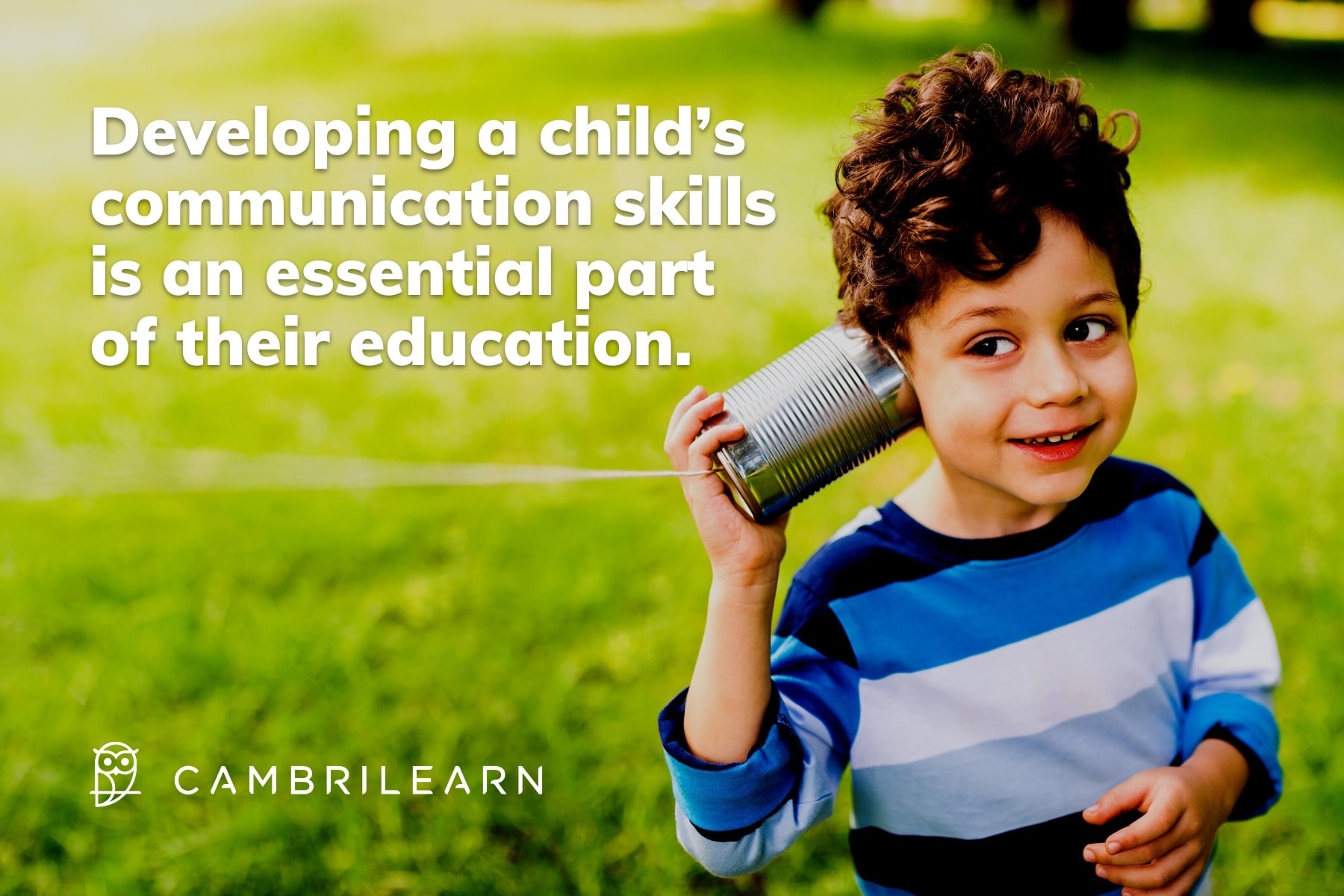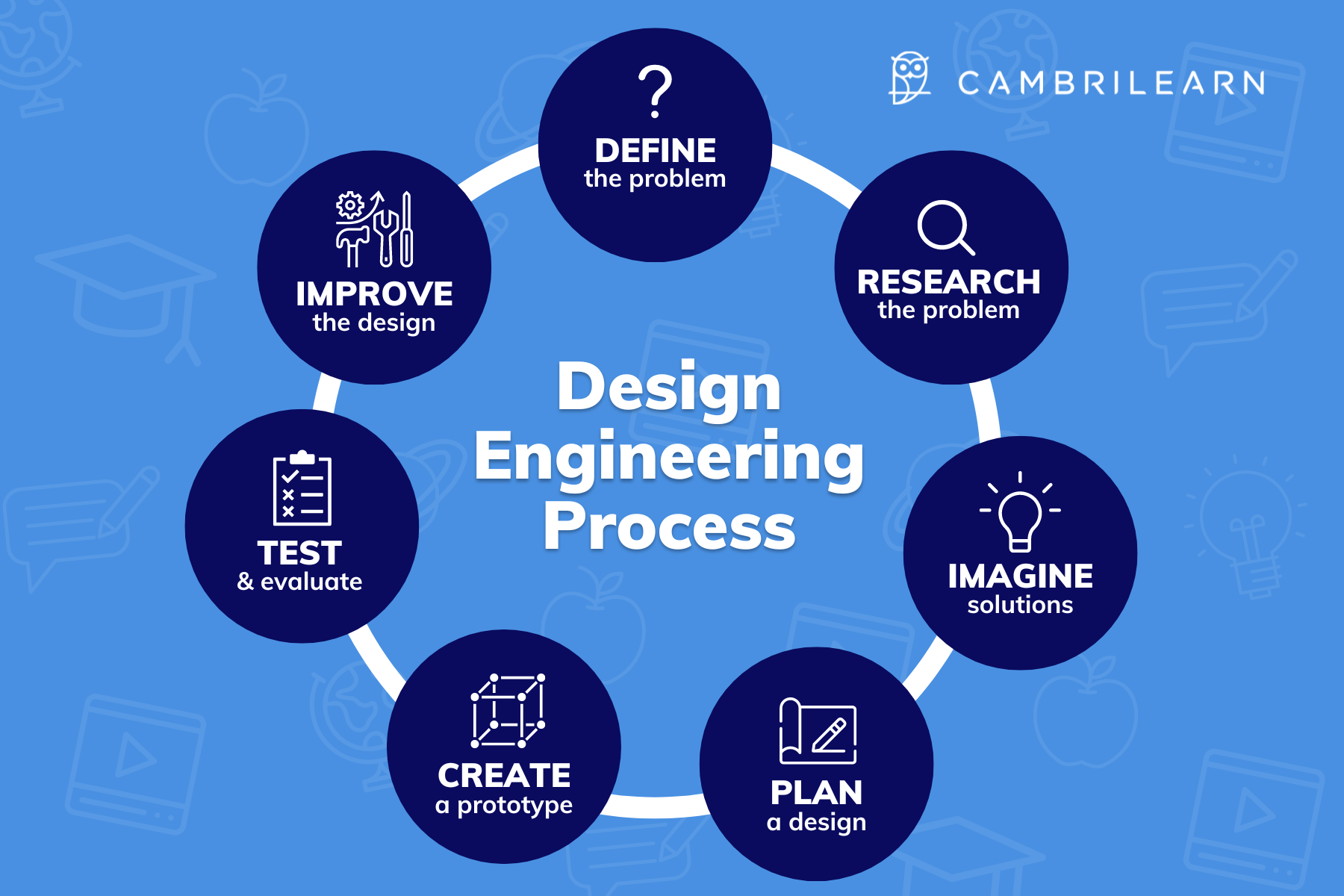Science, technology, engineering and mathematics (STEM) education puts an emphasis on preparing kids of today for successful future careers. The main objective of STEM educational games and activities for kids is to prepare them with a range of essential life skills and interests to enjoy a career path that is in tune with their interests and strengths.
1. Communication skills
Developing a child’s communication skills is an essential part of their education. This includes equipping them with the ability to debate, confer and convey complex concepts to others while also learning from one another. Encouraging a child to participate in STEM-related activities helps promote social and communication skills like active listening and encourages kids to develop an open-minded approach to giving and receiving constructive feedback.

2. Critical thinking skills
critical thinking. Critical thinking is the process of dynamically conceptualising, applying ideas, analysing thought processes, and evaluating information through observation, experience, reflection, reasoning or communication.
Kids who take part in STEM educational activities at home or in school are encouraged to respond to questions or solve problems based on actively engaging with the material to understand the issue at hand and solve it by applying a logical process instead of learning through parrot-style memorisation.
These situations are a more accurate reflection of what will be expected of them in the workplace – experiencing situations like this early in their education will better prepare them for the future.
3. Cognitive skills
Cognitive development includes reasoning, memory, problem-solving and thinking skills. Young children use these abilities to make sense of and organise their perception of the world around them.
Much like a muscle, the brain can be exercised and strengthened through well-planned educational activities. When engaged in STEM activities, kids can develop and strengthen their cognitive skills and even learn the basics of coding and engineering. This approach will develop their cognitive abilities and aid them in developing the speed and quality of their problem-solving skills.
4. Creative skills
We’ve all heard the saying, “thinking outside of the box”. Well, this out-the-box thinking is a big focus of any STEM-related educational activity. When participating in STEM exercises, students are encouraged to come up with original ideas and to take on an integrated approach to solving cross-curricula issues. This provides students with the opportunity to build creative skills through inquiry, innovation, evaluation, collaboration, preparation and presentation.
5. Boost curiosity
STEM activities are focused on empowering kids to ask “why” and “how”. STEM activities provide kids with the opportunity to explore their imaginations to come up with inventive, resourceful solutions. Curious kids are invested in their education and are the driving force of their own innovation and learning breakthroughs.
Children learn better when they want to learn, when they have an active interest in the subject matter and when they are self-motivated. The number one goal and key objective when educating a child is to instil a love for learning in the child. If we can create an environment that encourages a child’s will and love for learning, we will see increased knowledge retention and self-empowerment.

5. Collaboration skills
The real world presents us with situations in which teams are required to solve and complete multifaceted problems. In light of this, STEM education prioritises cooperation, alliance and teamwork. This teaches kids essential collaboration skills and how to interact with one another in a respectful way whilst focusing on a common goal or objective.
7. Future-ready education
Studies show that a majority of future career pathways will be centred around STEM subjects or will have STEM components to them. By introducing STEM at an early stage of a child’s life, you are introducing them to a world of opportunities and nurturing the skills needed to succeed in the 21st-century job space.
From self-driving public transport to customer service chatbots, the world as we know it is developing at a rapid pace. Robots, artificial intelligence and other technologies are poised to radically change the future of work and improve our lives through automation. Staying abreast of these technologies and developing these skills will be of great value for future employability.
8. Evaluation skills
In an ever-changing data-driven world our ability to interact with, understand and interpret data, see patterns and make value-adding sense of the available information has become an essential requirement for everyday life and work. These key skills are all developed by interacting constructively in STEM activities.
In STEM activities children are encouraged to work through the engineering design process, this takes kids from identifying a problem or a design challenge to creating and developing a solution through to analysing and evaluating the success of their design. Evaluation and continuous assessment is a valuable life skill that enables kids to strive for continuous improvement.

9. Innovation skills
The future of education looks bright as learning is evolving into more of a fun activity. STEM activities provide enquiring minds with the skills required to tackle problems and facilitate a more positive feeling about learning, whilst building self-confidence. This downplays negative biases against free-thinkers and contributes to the personal growth of individuals who are curious, confident and take the initiative when dealing with challenges.

10. Develop an inquiring mind
STEM students learn by research and inquiry. Inquiry requires kids to engage in active learning and self-discovery by generating their own driving questions and seeking out answers through reading and research. In this way, they can apply what they have learned to daily life.
Exposing kids to STEM activities at a young age supports their academic growth. Through being exposed to real-life, practical examples children develop early thinking, problem-solving and reasoning skills.
.png)









